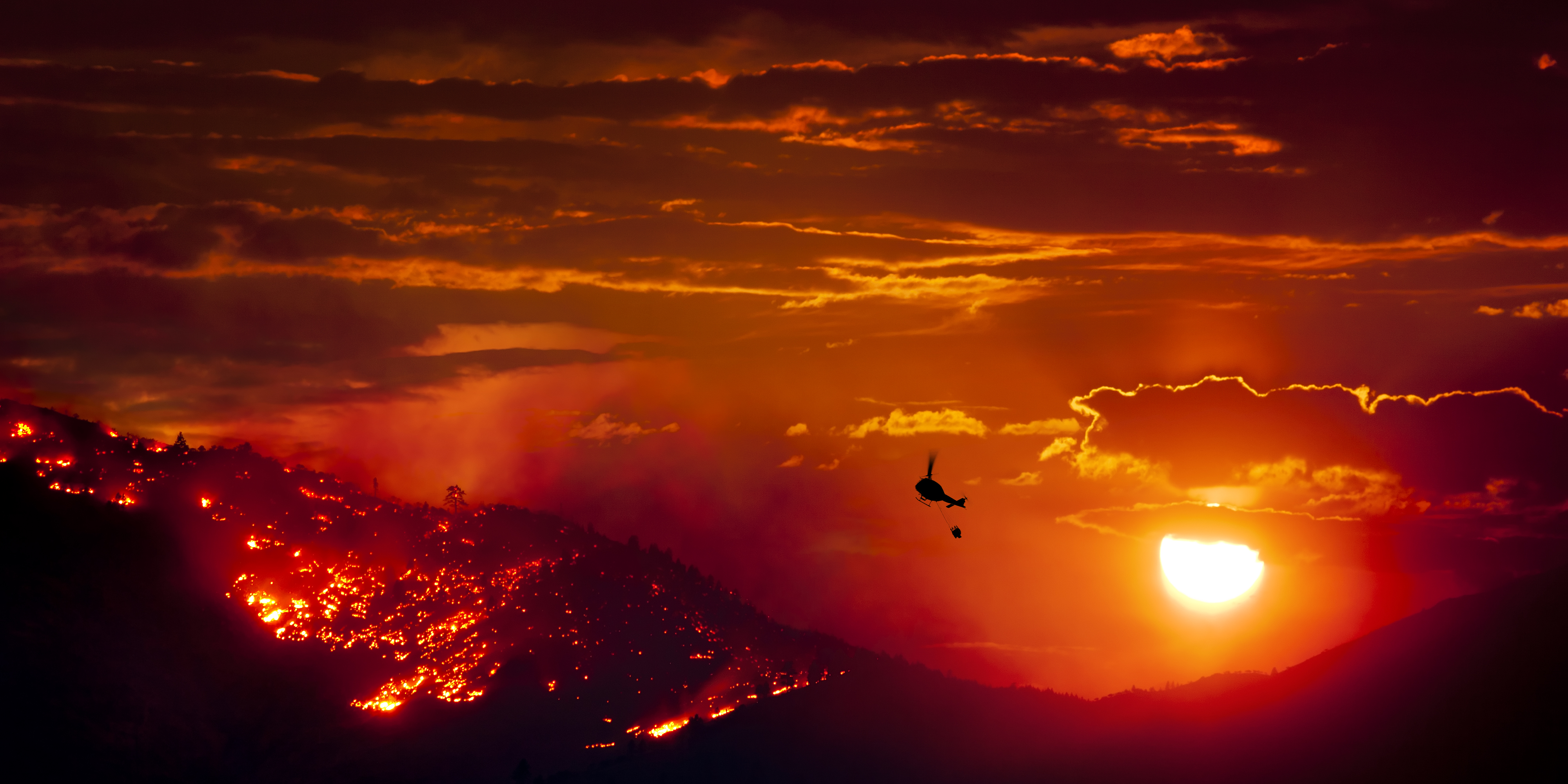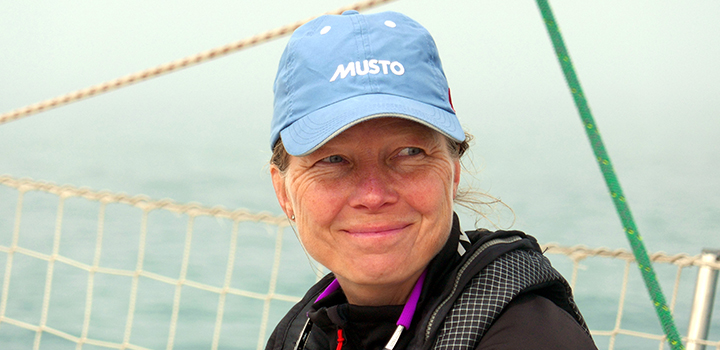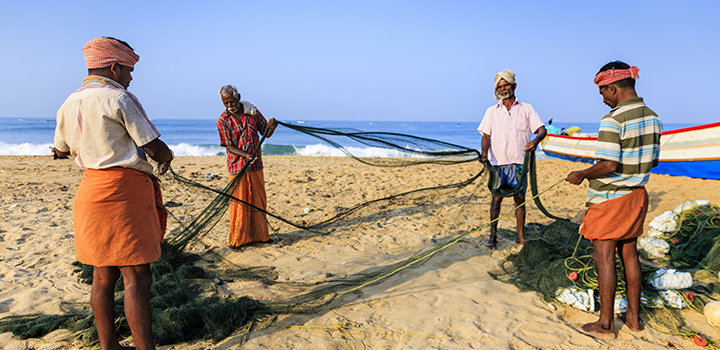Indigenous knowledge crucial to managing wildfire risk
By: Communications

Wildfire risks could be reduced by strengthening Indigenous knowledge in management strategies, according to new research from the University of East Anglia (UEA).
Combining traditional knowledge and techniques with modern approaches, Indigenous communities in Bolivia are finding new ways of dealing with increasingly flammable landscapes that threaten their lives and livelihoods.
Studying how the Monkoxɨ indigenous people use and manage fire in the dry forest, shrublands and savannah of the Bolivian lowlands, the researchers found they not only protect their territories but also ensure more political self-determination. In doing so, the Monkoxɨ are changing the terms of the conversation about the role of indigenous knowledge in wildfire management.
Dr Iokiñe Rodríguez, an associate professor in UEA’s School of International Development, led the research, with Mirna Inturias from Bolivia’s NUR University, Santa Cruz de la Sierra, and Elmar Masay from the Union of Indigenous Communities of Lomerío (CICOL).
Dr Rodríguez said: “Under this approach, rather than Indigenous knowledge being included, integrated or incorporated into Western-driven fire management policies, Indigenous knowledge and agency are at the centre of the fire management strategy, and modern technical knowledge serves as a complement to it.
“This is a unique case of intercultural dialogue about fire management being driven by Indigenous peoples themselves.”
The study, ‘Decolonizing wildfire risk management: Indigenous responses to fire criminalization policies and increasingly flammable forest landscapes in Lomerío, Bolivia’, is published today in the journal Environmental Science and Policy.
In 2020 the Union of Indigenous Communities of Lomerío (CICOL) initiated a series of activities to ensure local control of wildfire risk management in the territory. These included a written burning protocol, a fire monitoring programme, water basin and forest conservation policies, participatory research conducted by Indigenous researchers about the use of fire in Lomerío, and cultural revitalization strategies.
In many places, current fire risk management strategies reinforce a historical trend of top-down and externally led interventions, taking away control of the management of their territories from Indigenous peoples and silencing their own ways of dealing with the hazards brought about by climate change.
The use of fire by Indigenous communities is often criminalized by national authorities, who lack sufficient knowledge about local responses to wildfire risk management. This way of framing the response to climate security not only blames those that are often least responsible for the current increase in wildfires, but also fails to incorporate them as stakeholders in potential solutions.
Fire is central in practically all activities of the family economy and the daily life of the Monkoxɨ, 7,000 people whose lives rely on the forest and forest products. Fire is their main tool in agriculture, but they also rely on hunting, fishing and the collection of wild plants and honey – which are also affected by fire cycles.
Similar to many other forest-dependent Indigenous people in the Americas, the Monkoxɨ clear and cultivate an area of one to two hectares of forest, moving every two years to new areas to allow the soil to recover and to preserve natural resources and biodiversity. To clear forest vegetation before planting, the Monkoxɨ use fire – an ancestral method passed down through the generations that helps to fertilize and aerate the soil.
Under the CICOL approach, Indigenous knowledge and agency are at the centre of the fire management strategy, and Western technical knowledge serves as a complement to it. This is a unique case of intercultural dialogue about fire management being driven by Indigenous peoples themselves.
The research also shows that due to the multiple causes of wildfires, there are no simple solutions to the ‘fire problem’. On the contrary, solutions need to be diverse.
Dr Rodríguez said: “This is why the Monkoxɨ are simultaneously developing strategies aimed at regulating, controlling, preventing and monitoring fire use, while simultaneously protecting communal sources of life like forests and water springs and helping to reconnect the youth to their territory through cultural and knowledge revitalization.”
Monkoxɨ have shown that wildfire management goes beyond the management of fire itself and must include also efforts to protect communal goods, as well as to reconnect the youth to their territories.
The research also looked at ways of passing down ancestral knowledge to Monkoxɨ youth, who increasingly spend prolonged periods in urban areas working or studying.
Dr Rodríguez said: “Ensuring younger generations stay connected to their territory and their knowledge system, and are capable of managing their lands according to Monkoxɨ principles, are key to the successful self-governance of Lomerío.”
The study, ‘Decolonizing wildfire risk management: Indigenous responses to fire criminalization policies and increasingly flammable forest landscapes in Lomerío, Bolivia’, is published on 21 June 2023 in the journal Environmental Science and Policy.
Related Articles

UEA academic set to sail from Africa to Australia for UNICEF
Prof Maren Duvendack, an intrepid academic from the School of Global Development at the University of East Anglia, is sailing more than 8,000 km from South Africa to Australia to raise money for UNICEF.
Read more
Family networks improve outcomes for internal migration
Small-scale fishers in India could be benefiting from increase in forced migration, thanks to new research from UEA.
Read more
New report from UEA Academic asks whether UK Aid Match has been used for ‘charity washing’, ahead of Westminster event
A new report from the University of East Anglias Dr Martin Scott into the Governments UK Aid Match (UKAM) scheme has led to concerns of charity washing, with suggestions some UKAM allocations may reflect Ministers pursuit of reputational benefits, rather
Read more